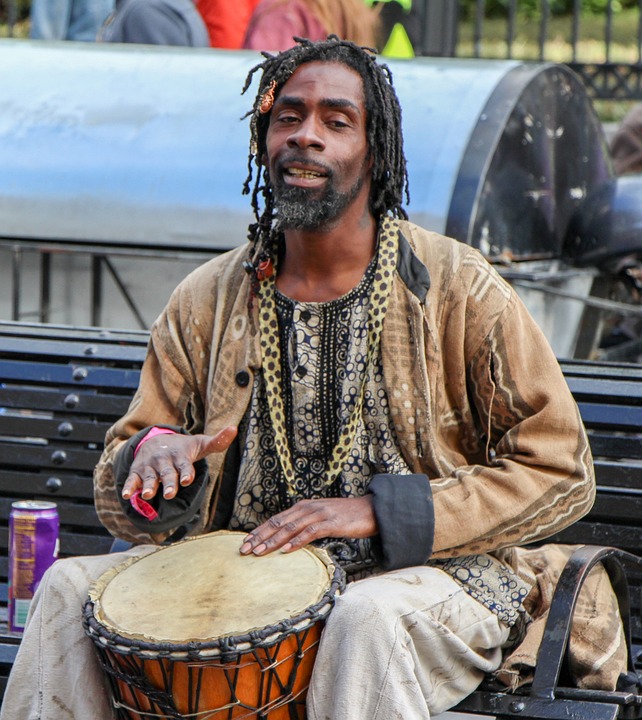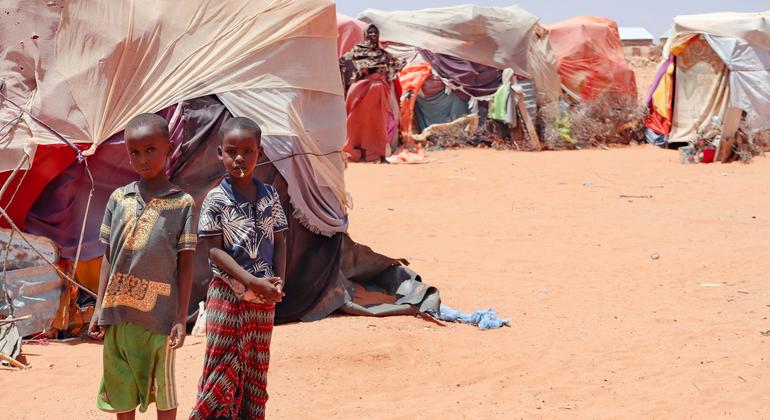He thanked the government of Colombia for its continuous cooperation with the United Nations Verification Mission and underlined the crucial role of Security advice in the progress made to date. The veteran diplomat and the negotiator officially take his post later this month.
Jenča stressed that the complete implementation of the final peace agreement remains the cornerstone of efforts to consolidate lasting peace in the country, which has officially ended decades of conflict between the Farc-Ep rebels and government forces.
Mission of teaching facts
Following his appointment, Mr. Jenča made a preparatory visit to Colombia in September, where he met a wide range of stakeholders, including government officials, signatories to the peace agreement, veterans and representatives of civil society.
He has recognized significant progress in key fields such as rural reform, reintegration and transitional justice, while highlighting continuous challenges, in particular in the fields of security and financial support.
Mr. Jenča praised the process that saw this month the first penalties pronounced under transient justice measures by the Special Jurisdiction for Peace (JEP), describing it as a historical stage in the pursuit of truth, justice and reparation.
“The conflict has inflicted immeasurable suffering on the victims and their families. The process of transitional justice constitutes unprecedented convictions and the acceptance of responsibility by those who have committed serious crimesWhile involving victims in the process and by providing them with repair through a restorative action to be carried out by the authors, “he said.
Call for SWIFT implementation
He called on the government to quickly ensure that the sentences are implemented: this includes actions such as the authorization of mines, the search for disappeared persons and community infrastructure projects.
The special representative has expressed concern about the resurgence of violence in certain regions, stressing that insecurity remains the greatest threat to peace.
He underlined the urgent need to ensure the safe conduct of the next national elections and the protection of communities and veterans.
Finally, Mr. Jenča reaffirmed the desire for the United Nations mission to adapt to evolving needs and to continue to strengthen confidence between the parties to the peace agreement on the ground.
He noted that the presence of the mission in the areas affected by conflicts is essential and stressed that Colombia is a “rare case” in which the Council was able to respond with a targeted assistance to a national peace process.
“These are favorable circumstances for the United Nations to continue to make a positive and targeted contribution,” concluded Mr. Jenča.
Colombia reaffirms its commitment
Colombia Ambassador Leonor Zalabata has reaffirmed the total commitment of his government to the complete implementation of the 2016 peace agreement.
Speaking as a woman, an indigenous chief of Arhuaco and human rights defender, she underlined the multiethnic and multicultural scope of the ambitious agreement, describing the concrete progress reached so far under the administration of President Gustavo Petro.
This includes the formalization of more than three million hectares of rural lands, the recognition of indigenous and Afro-tenant territories, and the support of more than 11,000 veterans in the reintegration process.
Us Mission Mission Mission Questions
United States Ambassador Mike Waltz criticized “Reflect excessive political priorities”, such as transitional justice and support for minority ethnic groups.
“The United States is closely examining the mandate of this mission and if it deserves the continuous support of the United Nations Security Council,” he added.
Originally published at Almouwatin.com








